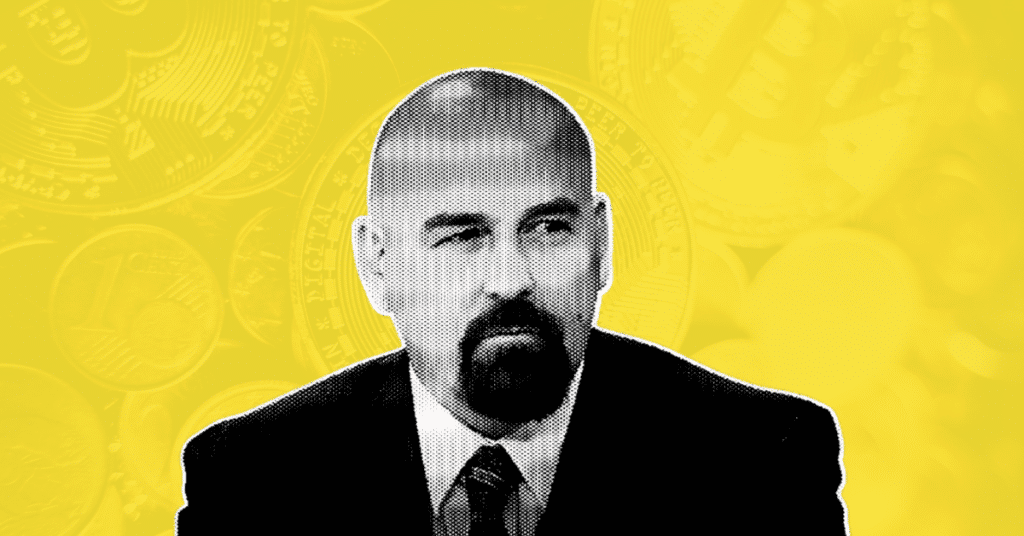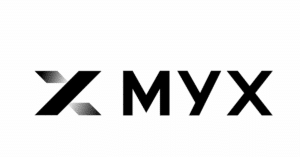Pro-XRP Advocate Urges Action Against ChokePoint 2.0, Ripple Says SEC Case Too Serious

Prominent XRP attorney and cryptocurrency industry advocate John Deaton has offered to lead an investigation into alleged “Operation Choke Point 2.0” aimed at restricting cryptocurrency companies from accessing traditional banking services. In a Jan. 4 post on X (formerly Twitter), Deaton addressed President Donald Trump, Vice President J.D. Vance and other members of the incoming administration.
Deaton frames the investigation as a critical issue that extends beyond the crypto industry, fighting the erosion of institutional integrity and the unchecked power of unelected bureaucracies. He warned that failure to challenge these practices, which stifle innovation and economic opportunity by quietly stifling industries they don't like, would set a dangerous precedent.
“Many people, including some in crypto, underestimate the importance of Chokepoint 2.0. In the midst of the @Ripple case I argued that @SECGov enforcement action was the most unconscionable fraud in modern history,” he wrote.
In his article, Deaton suggested that the American people deserve the truth more than any other taxpayer-funded salary to investigate this alleged practice without pay. His comments followed a significant legal development in the case, as a court recently allowed Coinbase to obtain unredacted documents from the Federal Deposit Insurance Corporation (FDIC). These documents may provide further insight into the role federal agencies may play in the proposed work.
Dayton's proposal stems from his recent loss in the Massachusetts Senate race, where he ran against crypto critic Senator Elizabeth Warren. During the campaign, Dayton accused Warren of prioritizing anti-crypto policies over addressing critical issues facing working-class Americans.
As the US prepares for a change in leadership with President-elect Trump, many crypto supporters hope the incoming administration will ease regulatory burdens on the industry.












